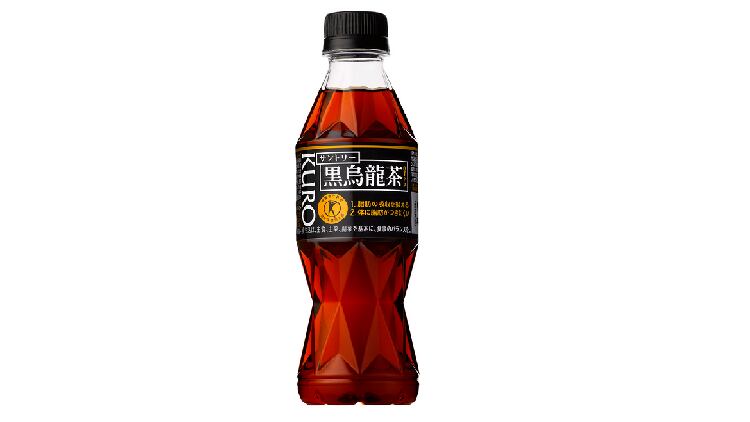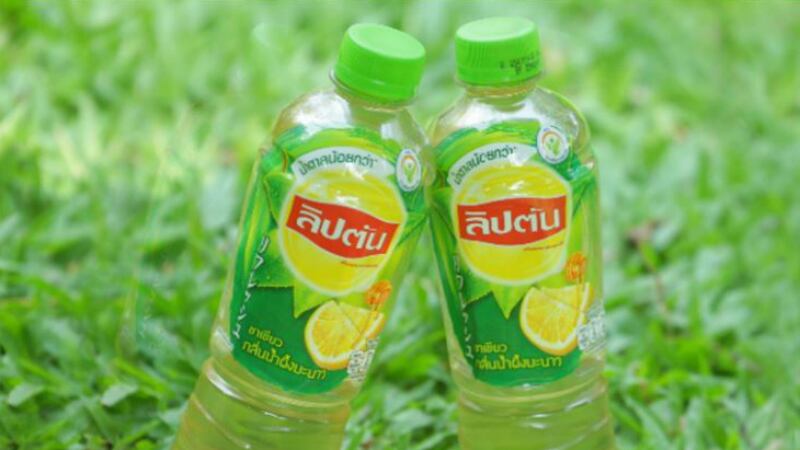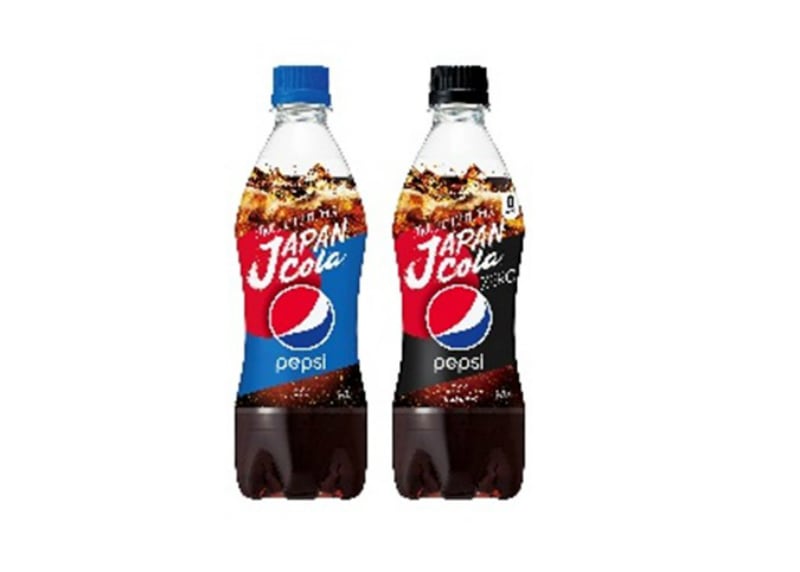Overall, the Asian region (excluding Japan) was found to show the most significant growth in Suntory operations worldwide, growing some 19.6% (19.9% if currency-neutral) year-on-year to hit JPY115.3bn (US$1.1bn).
“In Vietnam, Suntory’s estimated market volume growth came in at some 10%. Overall revenue hit JPY42.3bn, a currency-neutral growth of 17% year-on-year,” said Suntory CFO Takayuki Sanno whilst presenting the results via webcast.
“This growth was driven by our core brands in the country: energy drink brand Sting and RTD tea brand TEA+.”
The estimated market volume growth in Thailand was also estimated at around 10%, but growth was much more significant at approximately 40% year-on-year for months of March to June (Suntory PepsiCo Beverage (Thailand) Co., Ltd. commenced operations in March 2018).
“This can be attributed to the tailwind of events such as the general election in March and government measures to buoy up the economy,” said Sanno.
Despite these South East Asian countries being top performers this half-year, he urged caution about raising hopes too high.
“Although Asia (excluding Japan) is performing well for the time being, introduction and incremental raising of sugar tax in Malaysia (July 2019) and Thailand (October 2019) [means we need to be wary]. In addition, there is the volatility typical to emerging markets,” said Sanno.
In the company’s home-base of Japan, coffee brand BOSS and green tea brand Green DAKARA continued to lead sales locally, pushing revenue to JPY336bn (US$3.2bn), a growth of 0.7% year-on-year.
“In Japan, the prolonged rainy season and other factors led to a very tough start to the year,” said newly-appointed Suntory CEO Kazuhiro Saito
Looking forward
Saito also announced an overall company profit of JPY627.8bn (US$5.9bn), a 2.3% increase year-on-year. On a currency neutral basis, the year-on-year percentage increase was valued at 3.6%.
“Operating income (profit minus operating expenses) overall stood at JPY50.9bn (US$478mn), or a -9.7% decline year-on-year, but this was due to the impact of a gain on sale of food and instant coffee business of JPY12bn in 2018,” said Saito.
“Excluding this, Suntory’s operating income actually came in at JPY51.5bn (US$483.7mn) last year, a 14.3% increase year-on-year (16.2% if currency-neutral).”
Although Saito did not specify the businesses that were sold, leading to the decline in operating income, one of these is likely to be Suntory’s previously-owned food and instant coffee business Cerebos in Australia, which it sold to Kraft-Heinz last year for some US$228mn.
“Structural reform is halfway through in [in each region], and there are remaining challenges to be addressed. We will continue pushing this forward in a firm manner,” added Saito, who took the reins earlier this year.
He added added that the plan is to build on the company’s existing ‘excellent brand-building capability and Japan R&D’, as well as to learn from other regions.
“Asia, where I was previously based, has less analogue legacies than Japan, and is rapidly digitalising with underlying government initiatives, and we have a lot to learn from [them].
“In order to share and incorporate each other’s know-how from different parts of the world in a flexible manner, I will stress on the 3F’s: Flat, Flexible and Frank, in each part of the company.
“The ultimate goal is flexible adaptation to changes through establishing a flat and swift decision-making structure. [We] need to improve frank communication in order to facilitate this.
“The business environment worldwide is changing at an increasingly accelerated pace, [and we will forge on] with the mindset to stay ahead of the curve and bring changes to the world.”





